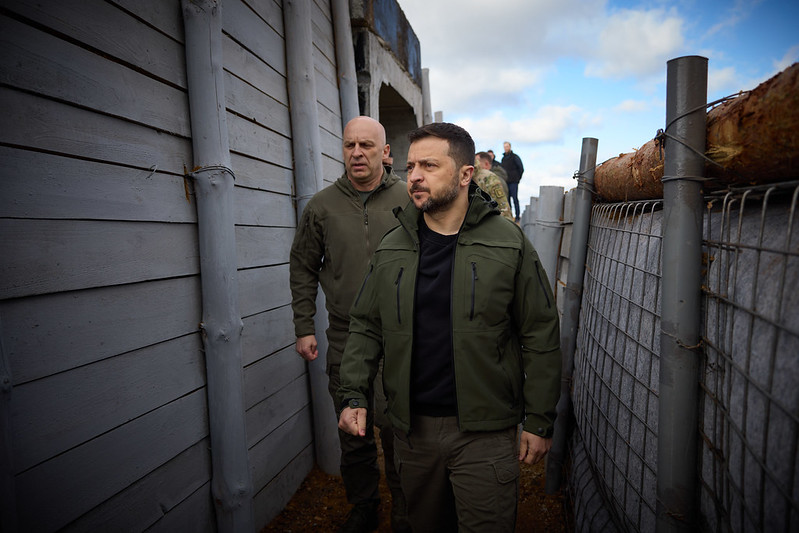Already a subscriber? Make sure to log into your account before viewing this content. You can access your account by hitting the “login” button on the top right corner. Still unable to see the content after signing in? Make sure your card on file is up-to-date.
Ukrainian President Volodymyr Zelensky has rejected the possibility of a land swap amid reports that he may be invited to join President Donald Trump and Russian President Vladimir Putin at a high-stakes summit in Alaska aimed at negotiating an end to the war.
Getting into it: In a video address to his people, Zelensky said, “Of course, we will not give Russia any awards for what it has done. The Ukrainian people deserve peace.” He then stressed, “Ukrainians will not give their land to an occupier,” making clear that any agreement involving territorial concessions would directly violate Ukraine’s constitution. Notably, Ukraine’s constitution explicitly forbids the ceding of sovereign territory and can only be amended through a formal process (a process itself prohibited during wartime, ensuring that no government can alter Ukraine’s borders under the pressure of conflict).

Zelensky’s rejection was aimed squarely at a proposal floated by Putin, which would see Ukraine withdraw its forces from the Donetsk and Luhansk regions, leaving them under permanent Russian control. Trump has framed the idea as “swapping of territories to the betterment of both.” European leaders have publicly backed Zelensky’s stance, issuing a joint statement that “international borders must not be changed by force” and that the “current line of contact” (not Russia’s expanded occupation) should be the starting point for any negotiations.
The UK, along with the entire European Union, warned that a peace process excluding Ukraine or forcing it to cede land would be illegitimate and destabilizing.
This all comes as reports suggest Zelensky may be invited to the Aug. 15 Trump-Putin summit in Alaska, though no final decision has been made. The White House has confirmed the possibility of a trilateral meeting, but Kremlin resistance and skepticism from US officials, including Vice President JD Vance, who has questioned whether Zelensky’s attendance would be “productive.”







